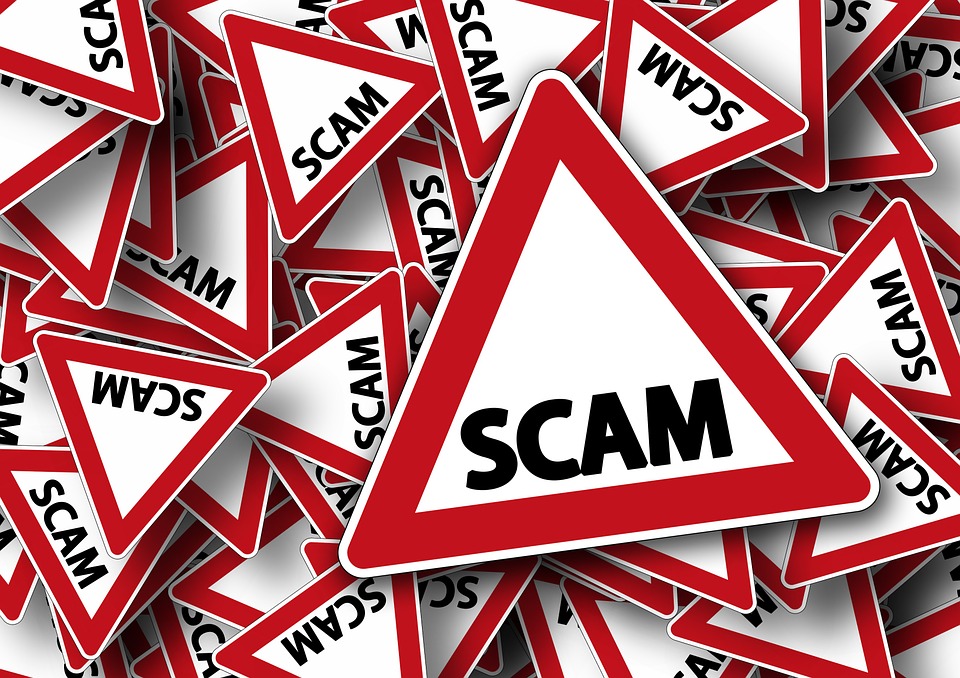The following article was published by the IRS.
 Many people don’t really think about taxes once the tax season is over…but people promoting scams do. Each year, the IRS releases the top 12 scams, known as the Dirty Dozen. The schemes range from simple refund inflation to technical tax shelter deals.
Many people don’t really think about taxes once the tax season is over…but people promoting scams do. Each year, the IRS releases the top 12 scams, known as the Dirty Dozen. The schemes range from simple refund inflation to technical tax shelter deals.
Here’s a review of this year’s Dirty Dozen:
- Phishing: Taxpayers should watch for fake emails or websites looking to steal personal information.
- Phone Scams: Phone calls from criminals impersonating IRS agents remain an ongoing threat to taxpayers.
- Identity Theft: Taxpayers should be alert to tactics aimed at stealing their identities.
- Return Preparer Fraud: Most tax professionals provide honest, high-quality service. However, there are some dishonest preparers who scam clients.
- Fake Charities: Groups masquerading as charitable organizations solicit donations from unsuspecting contributors.
- Inflated Refund Claims: Taxpayers should be wary of anyone promising inflated tax refunds.
- Excessive Claims for Business Credits: Taxpayers should avoid improperly claiming the fuel tax credit.
- Falsely Padding Deductions on Returns: Taxpayers should avoid the temptation to falsely inflate deductions or expenses on their tax returns.
- Falsifying Income to Claim Credits: Con artists may convince taxpayers to invent income to erroneously qualify for tax credits, such as the Earned Income Tax Credit.
- Frivolous Tax Arguments: Some taxpayers use frivolous tax arguments to avoid paying tax.
- Abusive Tax Shelters: Taxpayers who use abusive tax structures do so to avoid paying taxes.
- Offshore Tax Avoidance: It’s a bad bet to hide money and income offshore.
